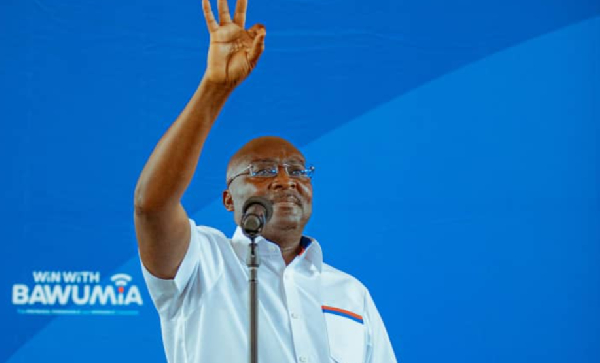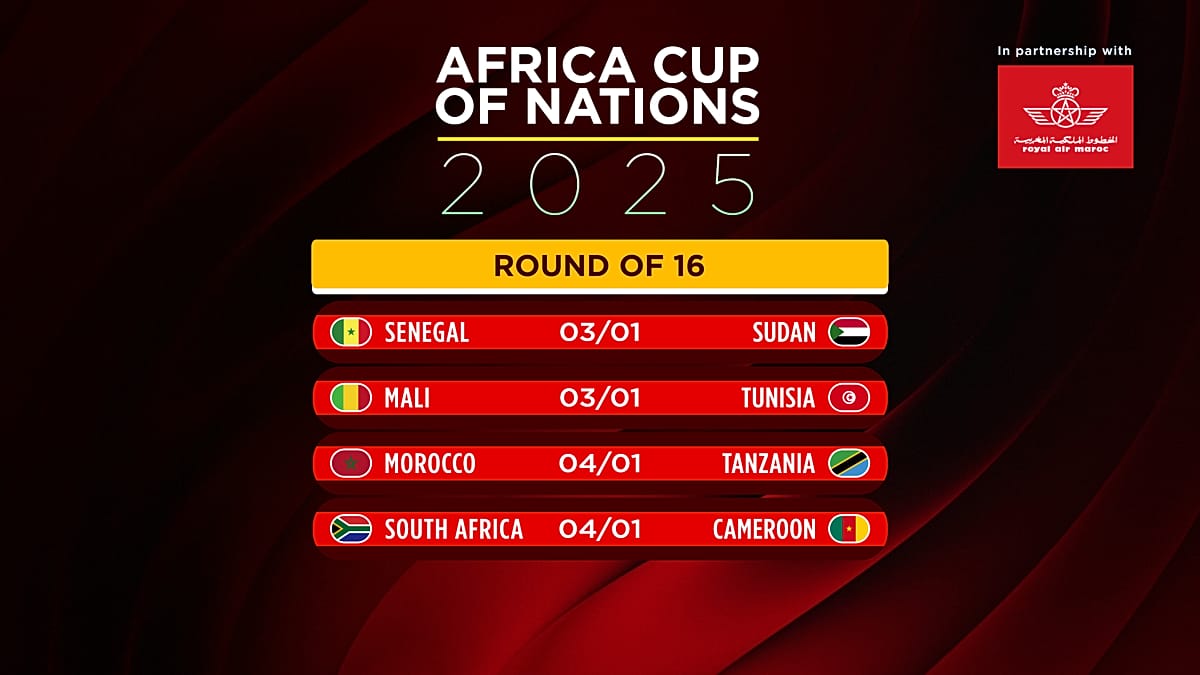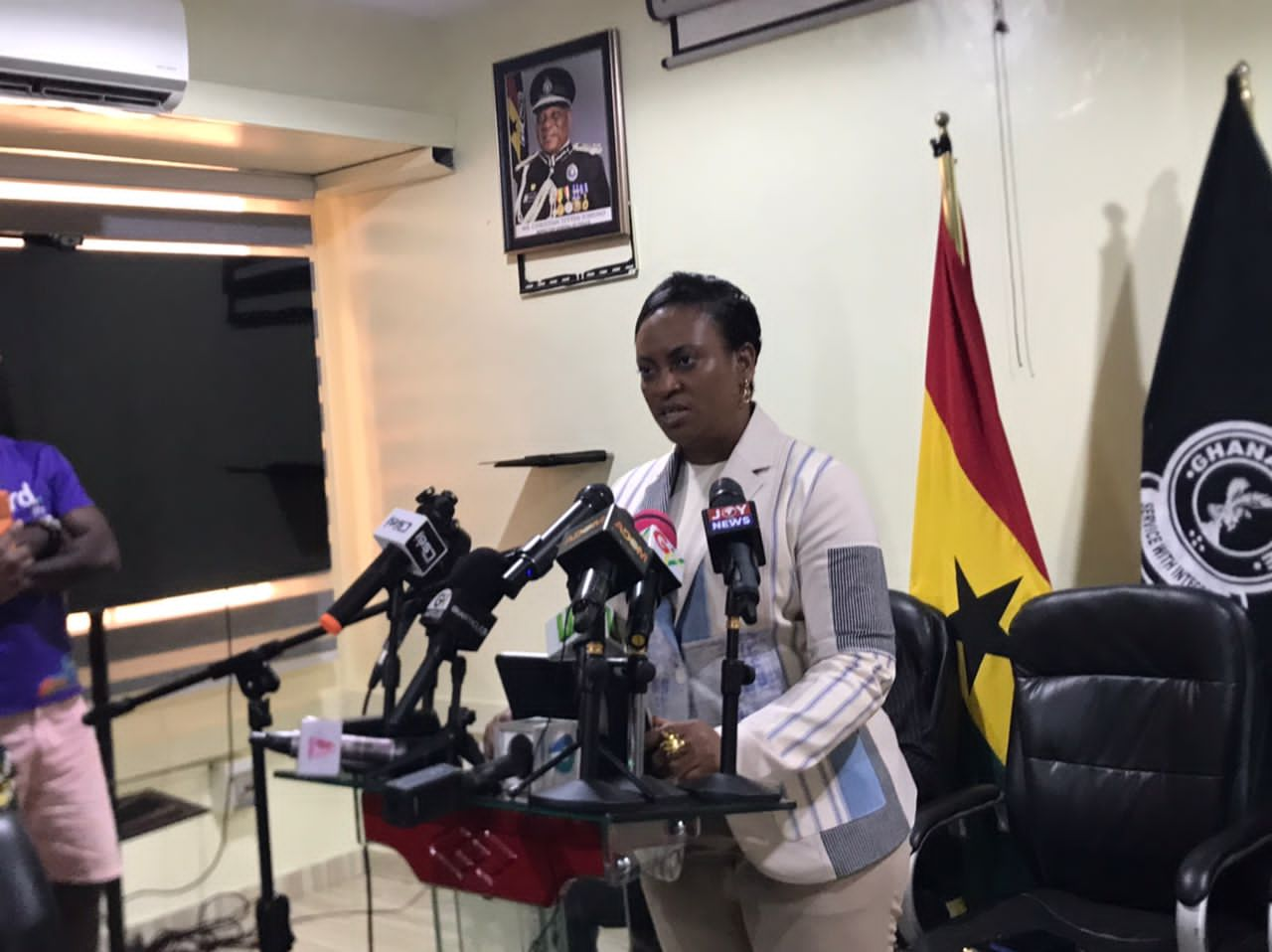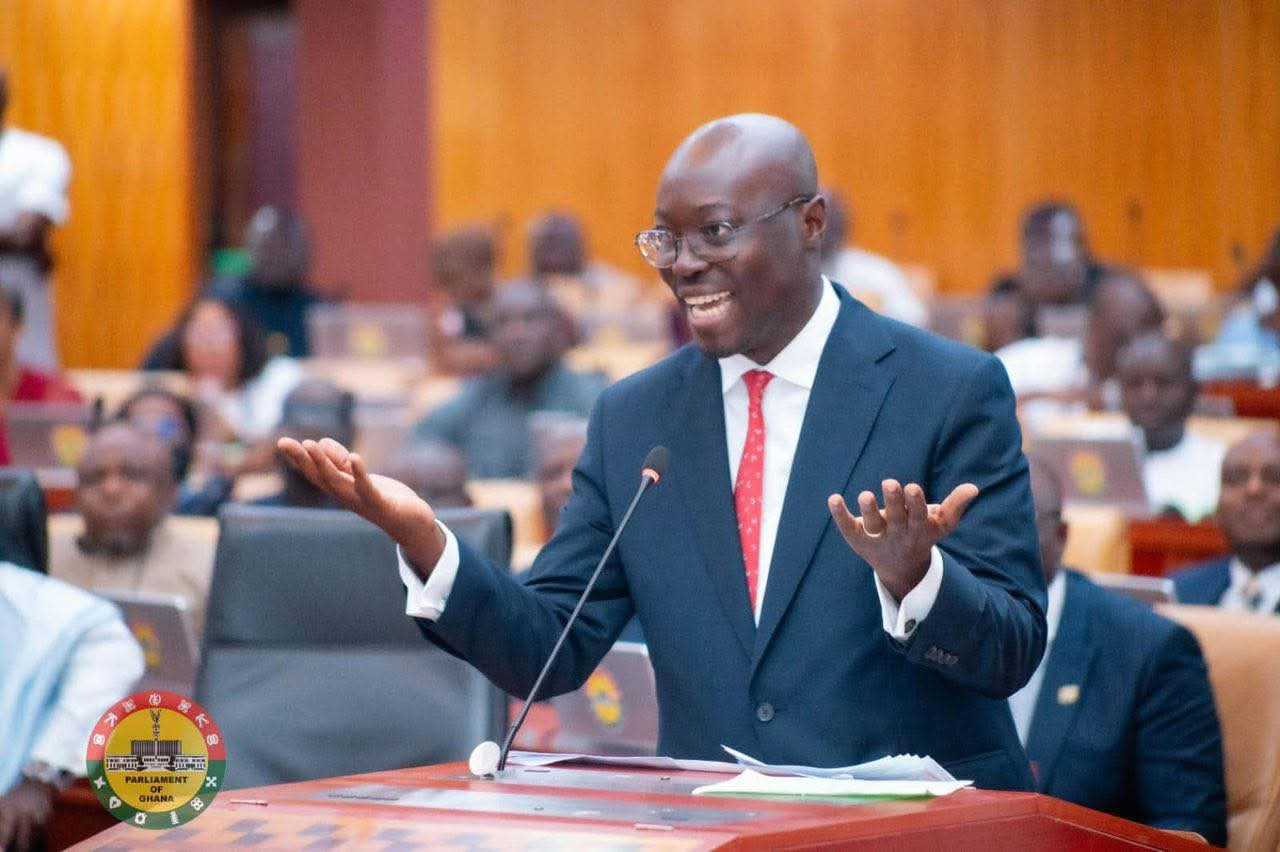Introduction: A Defining Moment for Ghana’s Business Economy
Ghana’s business environment in 2026 represents a turning point in the country’s economic evolution. Across corporate boardrooms, startup hubs, SME clusters, and regional trade corridors, Ghanaian enterprises are repositioning themselves for scale, resilience, and long-term competitiveness. This transformation is not driven by a single sector or policy, but by the convergence of five powerful forces: strong domestic corporations, fast-growing startups, profit-focused SMEs, regional expansion into West Africa, and an accelerating wave of mergers and acquisitions.
Together, these forces are reshaping how business is done in Ghana — from capital formation and innovation to employment creation and regional integration. This editorial by Accra Business News brings these five themes into one cohesive narrative, offering a clear picture of Ghana’s modern business economy and its direction.
Ghanaian Corporations Setting the Pace
Large Ghanaian corporations remain the anchors of the national economy. In 2026, companies operating in finance, telecommunications, energy, logistics, manufacturing, healthcare, and consumer goods are making headlines for expansion, restructuring, digital investment, and market leadership.
Banks and financial institutions continue to deepen financial inclusion through digital banking, SME lending, and improved risk management. Telecoms and technology firms are expanding data infrastructure and digital services, enabling e-commerce, mobile payments, and enterprise solutions. Energy companies are investing in efficiency and renewable alternatives, aligning commercial goals with sustainability priorities.
These corporations are not only profit-driven entities; they are system builders. Their scale allows them to influence supply chains, employment, regulation, and investor confidence. In many ways, they form the backbone upon which startups and SMEs build.
Startups Driving Innovation and Market Disruption
Alongside established corporations, Ghana’s startup ecosystem has matured into a significant economic force. In 2026, startups in fintech, agritech, logistics, clean energy, health-tech, and software services are gaining traction, funding, and visibility.
These startups are solving real problems — access to finance, inefficient logistics, post-harvest losses, healthcare affordability, and data-driven business management. What distinguishes Ghana’s startup wave is its strong focus on practical solutions rather than abstract innovation. Products are designed for mass adoption, affordability, and scalability across African markets.
Startups are also influencing how traditional businesses operate. Banks partner with fintechs, agribusinesses integrate digital platforms, and logistics startups support e-commerce growth. This interaction between startups and corporates is accelerating innovation across the entire economy.
SMEs Scaling Profitably and Sustainably
Small and Medium Enterprises remain the most important contributors to employment and grassroots economic activity in Ghana. In 2026, the most successful SMEs are not necessarily the biggest — they are the most disciplined, adaptive, and strategically focused.
Profitably scaling SMEs share common traits:
- Strong financial management and cost control
- Digital adoption across sales, payments, and operations
- Customer-centric product and service design
- Strategic partnerships and supplier relationships
- Gradual, data-driven expansion rather than uncontrolled growth
From agribusiness processors and manufacturers to retail brands and professional service firms, SMEs are learning to grow without sacrificing margins. Their success demonstrates that scale in Ghana does not require excessive leverage, but clarity of purpose and operational efficiency.
These SMEs also form critical supply and distribution links for both large corporations and startups, making them essential to the overall business ecosystem.
Ghanaian Businesses Expanding Across West Africa
One of the most significant trends shaping Ghana’s business future is regional expansion. Ghanaian companies are increasingly entering markets across West Africa, leveraging shared trade frameworks, cultural familiarity, and rising regional demand.
Expansion into ECOWAS markets allows Ghanaian firms to:
- Diversify revenue sources
- Reduce reliance on a single domestic market
- Achieve scale more rapidly
- Compete effectively with multinational firms
Sectors leading regional expansion include renewable energy, healthcare, logistics, professional services, manufacturing, and digital services. These businesses are not only exporting products but exporting operating models, managerial expertise, and Ghanaian business culture.
Regional expansion strengthens Ghana’s position as a commercial gateway and reinforces its role in continental trade under frameworks such as AfCFTA.
Mergers and Acquisitions Reshaping Corporate Ghana
Mergers and acquisitions have become a strategic tool for growth, consolidation, and survival in Ghana’s competitive environment. In 2026, M&A activity reflects deeper structural changes in the economy.
Companies pursue M&A to:
- Achieve economies of scale
- Strengthen balance sheets
- Acquire technology and talent
- Enter new markets quickly
- Comply with regulatory and capital requirements
Financial services, telecoms, energy, healthcare, manufacturing, and technology are among the most active sectors. While some deals involve foreign investors, many are driven by local and regional players seeking long-term strategic advantage.
M&A activity signals maturity in Ghana’s corporate sector. It reflects a shift from fragmented competition to structured growth and consolidation — essential for building globally competitive enterprises.
How These Five Forces Interconnect
These five themes — corporations, startups, SMEs, regional expansion, and M&A — do not operate in isolation. They reinforce one another:
- Startups supply innovation to corporates and SMEs
- Corporations provide markets, capital, and infrastructure
- SMEs anchor supply chains and employment
- Regional expansion creates scale opportunities
- M&A aligns resources and accelerates growth
Together, they form a dynamic business ecosystem capable of withstanding shocks and capturing new opportunities.
Implications for Ghana’s Economy
The combined impact of these trends is profound:
- Job creation across formal and informal sectors
- Increased productivity through technology adoption
- Higher investment confidence from local and foreign investors
- Improved regional competitiveness
- Greater economic resilience through diversification
Ghana’s economy in 2026 is less dependent on a single sector and more driven by private-sector innovation and enterprise.
.
Challenges That Remain
Despite progress, challenges persist:
- Access to affordable long-term financing
- Infrastructure gaps
- Regulatory complexity
- Currency volatility
- Skills development needs
However, the growing sophistication of Ghanaian businesses suggests an increasing ability to adapt and innovate around these constraints.
.
Ghana’s Business Future Is Being Built Now
Ghana’s business transformation in 2026 is not theoretical — it is happening in real time. Corporations are scaling, startups are innovating, SMEs are growing profitably, businesses are expanding regionally, and mergers and acquisitions are reshaping markets.
For Modern Ghana readers, this moment represents more than headlines. It reflects a country building an economy driven by enterprise, strategy, and regional relevance. The foundations being laid today will determine Ghana’s competitiveness for decades to come.
.
Source Used: Accra Business News
 The virtual asset bill was signed into law by President Mahama on December 30, 2025
The virtual asset bill was signed into law by President Mahama on December 30, 2025


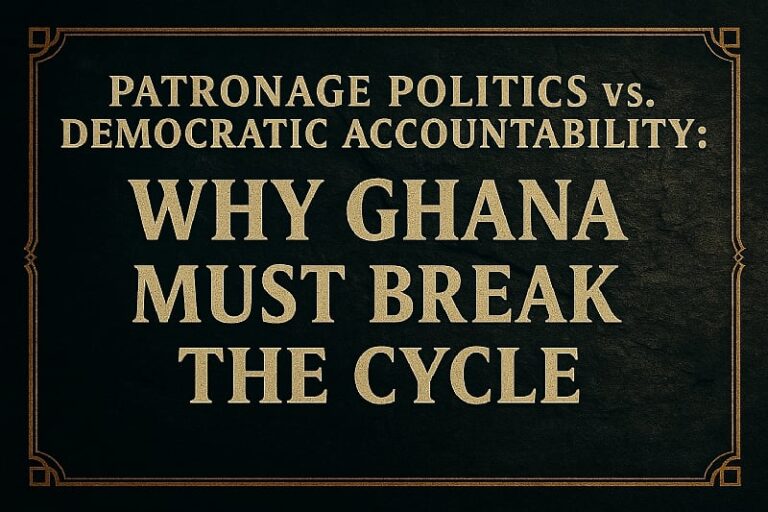



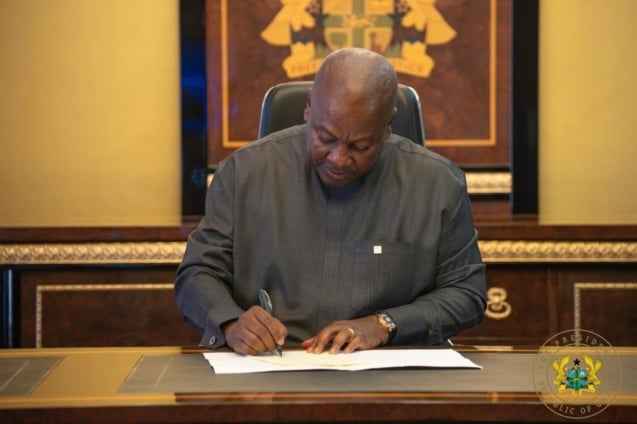





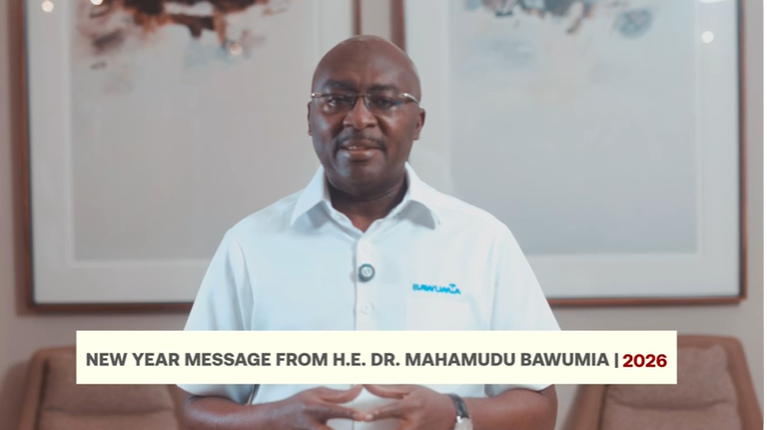

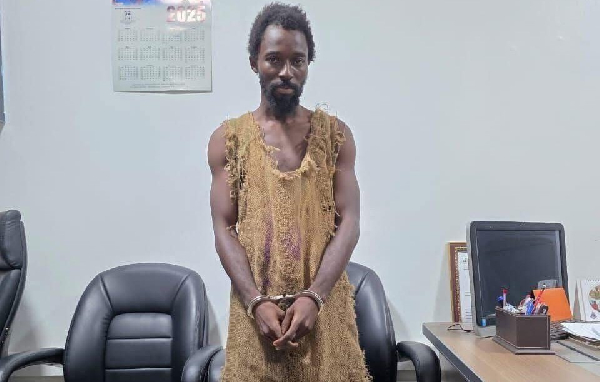
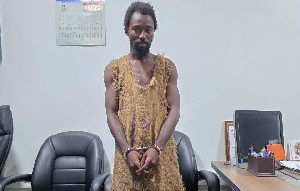

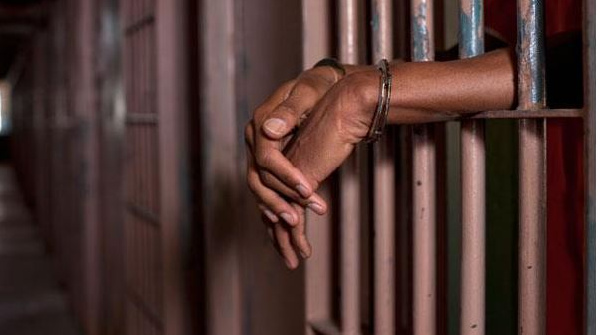
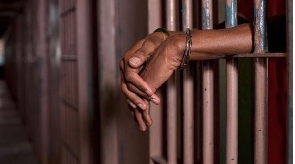




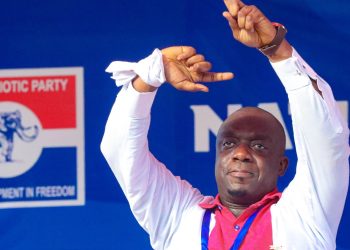
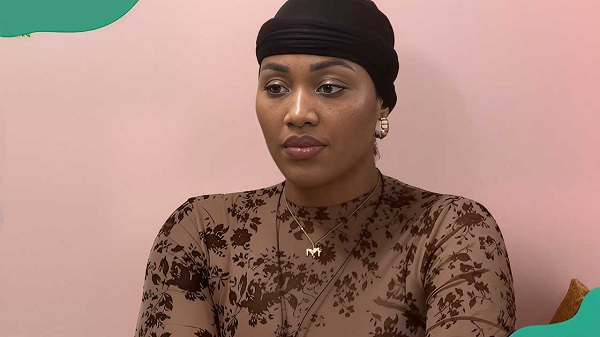

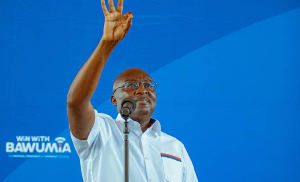
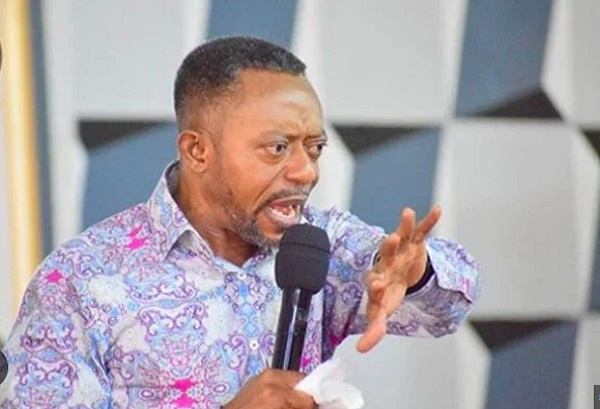



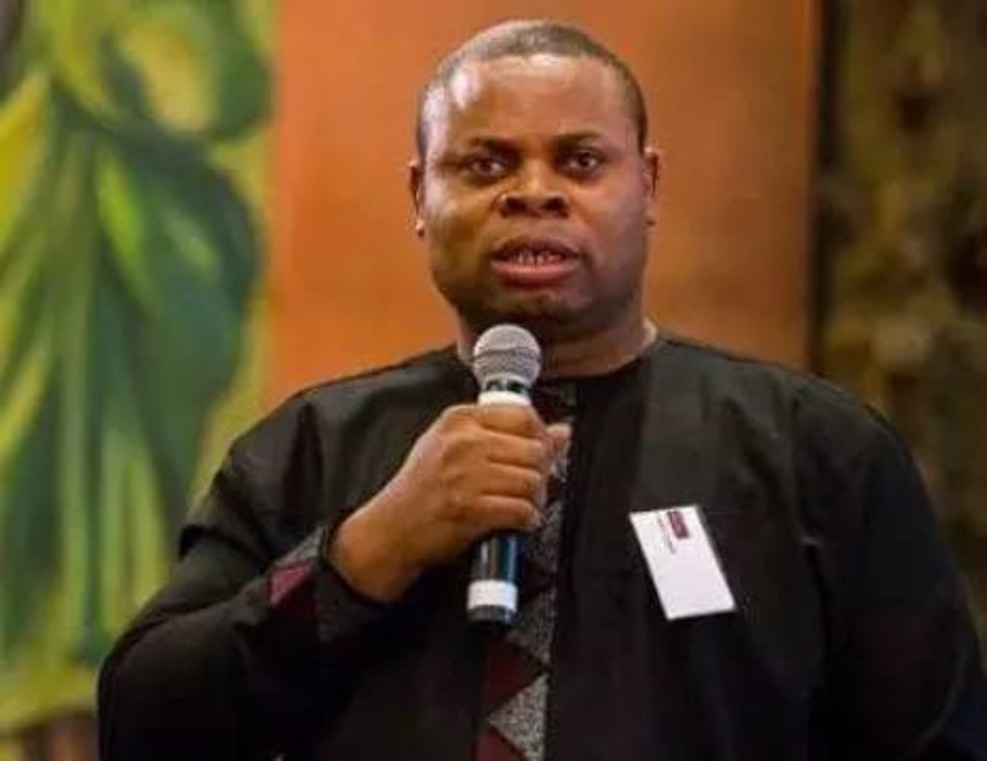








 A quiet but significant shift is taking place in international law, one that could redefine how countries such as Ghana protect their natural resources and hold polluters accountable.
A quiet but significant shift is taking place in international law, one that could redefine how countries such as Ghana protect their natural resources and hold polluters accountable. 